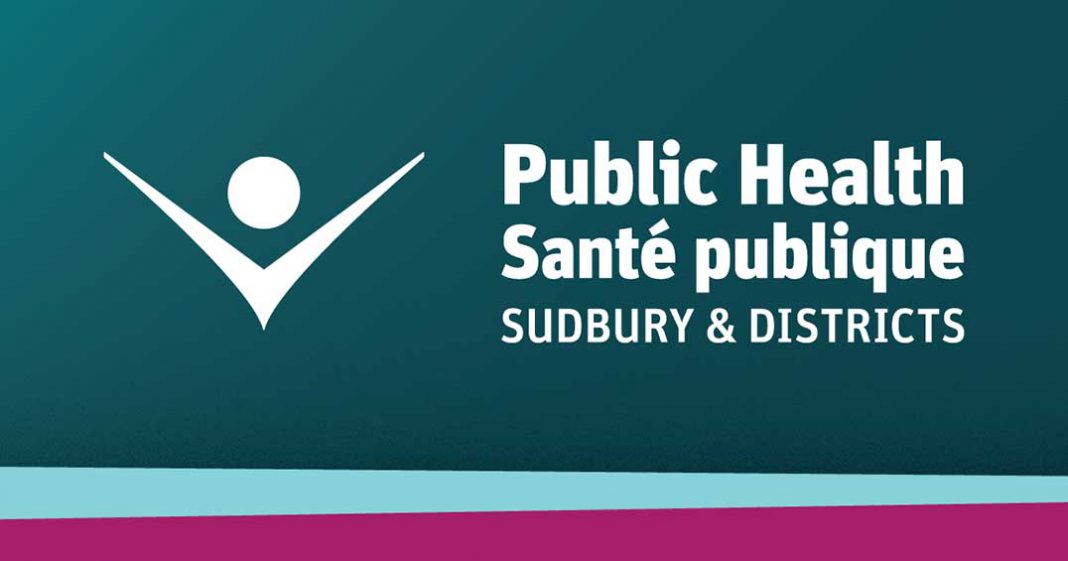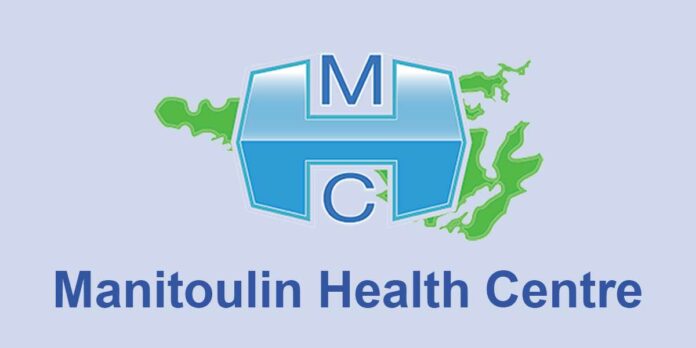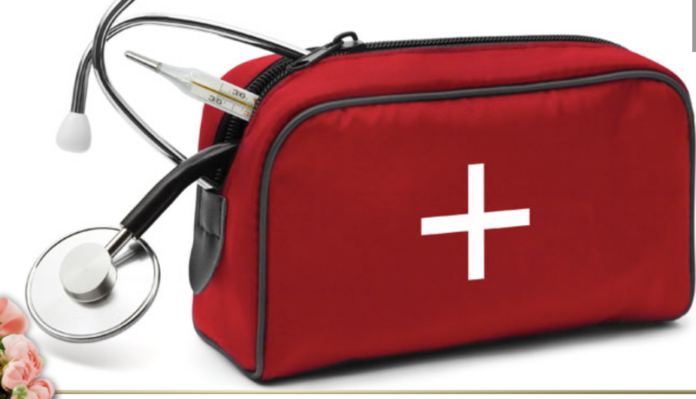The Community Drug Strategy has received confirmation of a new potent substance, flubromazolam, circulating in Sudbury and Manitoulin districts.
Flubromazolam, also known as “liquid Xanax”, is a potent designer benzodiazepine (benzo). Consuming flubromazolam can result in strong sedation and partial amnesia lasting more than 24 hours. Death can occur if taken in large quantities. Sedation and partial amnesia can make people vulnerable to injury and loss of personal possessions. In Toronto’s drug-checking report of September 25, 2023 31% of samples expected to be fentanyl contained bromazolam, a class which includes flubromazolam.
Benzos and opioids when taken together increase the risk of poisoning (overdose) and death.
An overdose occurs when a person uses more of a substance, or combination of substances, than their body can handle. As a consequence, the brain is unable to control basic life functions. The person might pass out, stop breathing or experience a seizure. Overdoses can be fatal.
Prevent overdoses to save lives:
- Avoid mixing drugs, including prescribed, over the counter, and illegal drugs.
- Avoid drinking alcohol while using other drugs.
- Use caution when switching substances: start with a lower dose than usual.
- If you have not used in a while, start with a lower dose. Your tolerance may be lower.
- When using substances, consider the following options:
- Have a trusted person with you who can provide support as needed.
- Visit an overdose prevention site such as The Spot in Greater Sudbury (Réseau ACCESS Network).
- Connect with the National Overdose Response Service at 1.888.688.6677 (NORS line).
- Access the Brave App.
- Avoid using drugs when you are alone.
- Drug checking is available at The Spot in Greater Sudbury (Réseau ACCESS Network), even if you are not using substances at the site.
- Carry a naloxone kit. Know how to use it.
- Call 911 if you suspect an overdose.
Overdose symptoms include:
- the person can’t be woken up
- choking, gurgling, or snoring sounds
- slow, weak, or no breathing
- drowsiness or difficulty staying awake
- slow heart rate, irregular heart rate, or no heartbeat
How to respond to an overdose:
- Call 911 to get medical help and monitor breathing.
- GIVE NALOXONE. This will help reverse an opioid overdose and will do no harm if the overdose is not opioid related. This may improve breathing, but the person may not regain consciousness due to sedation.
- If not breathing, give rescue breaths.
- Give chest compressions. Push hard, push fast.
- If the person is breathing on their own, place them on their side.
- Stay until help arrives. Overdose symptoms may come back.
These steps are especially important as flubromazolam decreases breathing and the effects such as sedation can be long lasting.
Where to get naloxone?
For a free naloxone kit, contact The Point at Public Health Sudbury & Districts, Réseau Access Network, Sudbury Action Centre for Youth (SACY), or ask your local hospital or pharmacy. Or visit www.ontario.ca/page/get-naloxone-kits-free.
Be cautious if using drugs and please distribute this information widely to help save lives.





